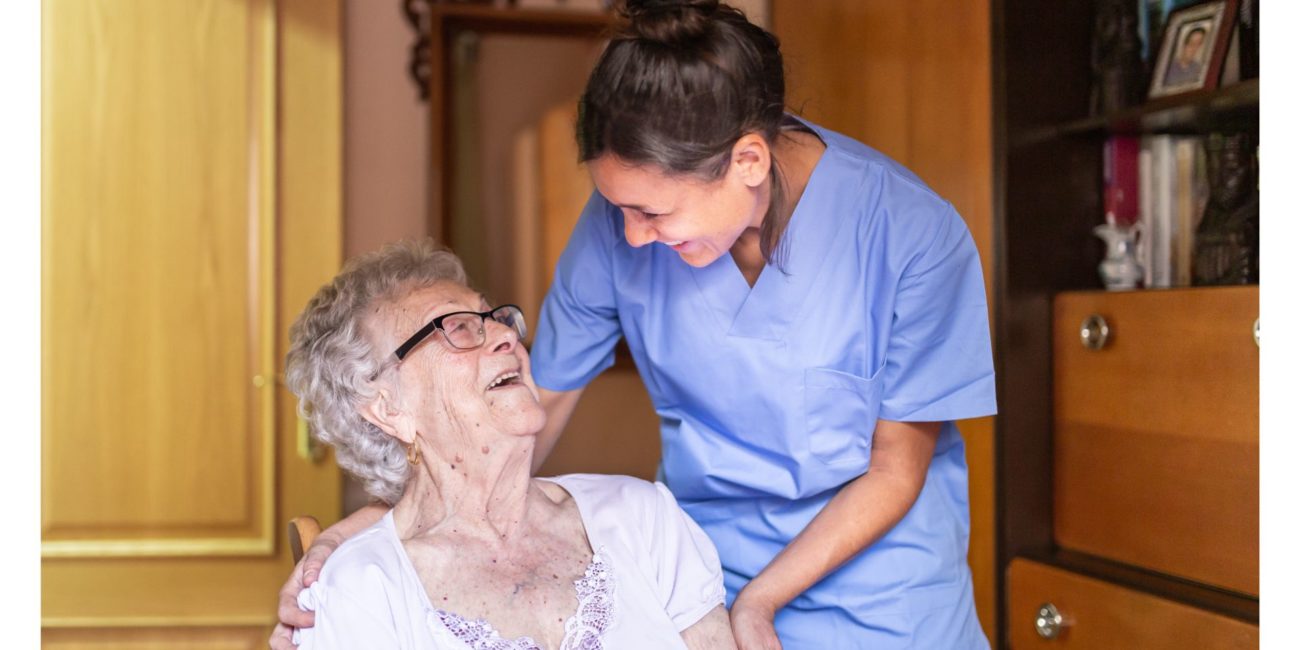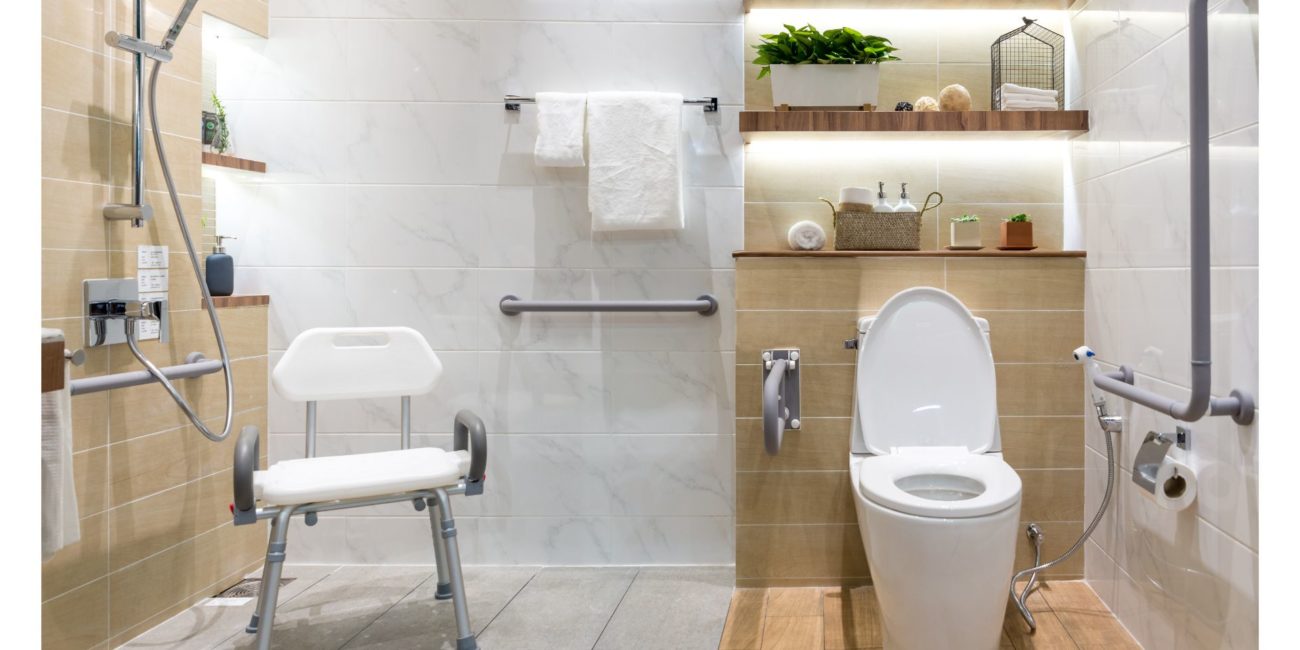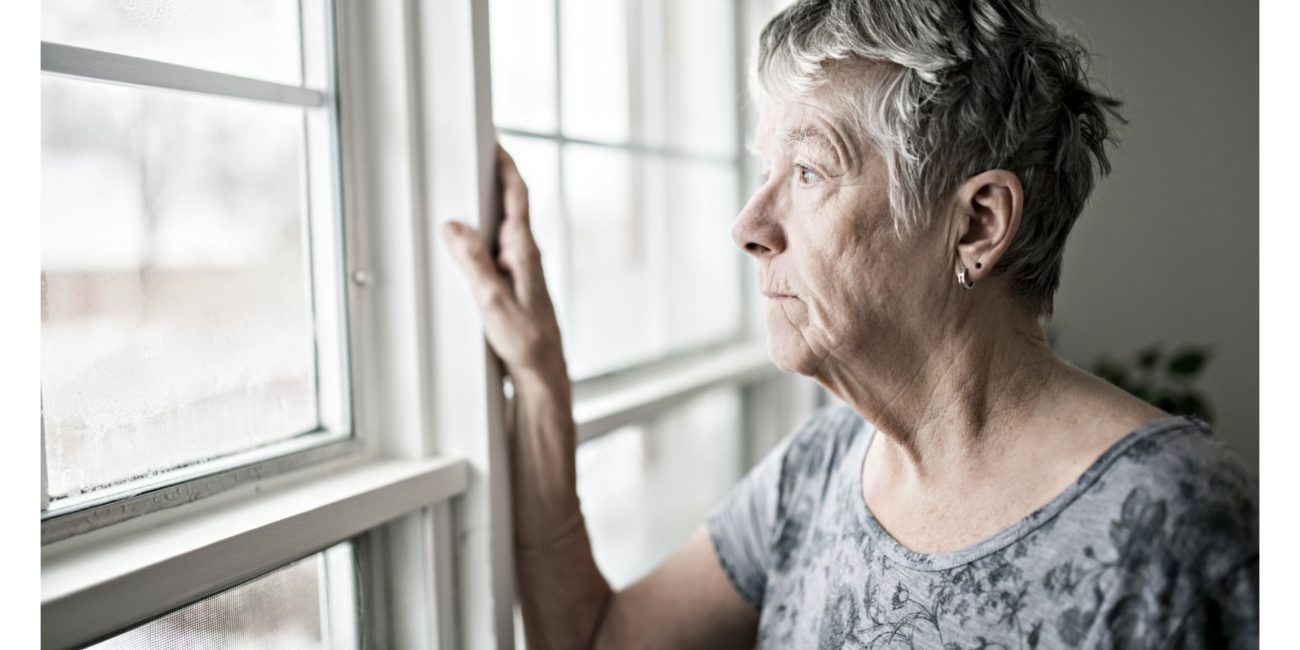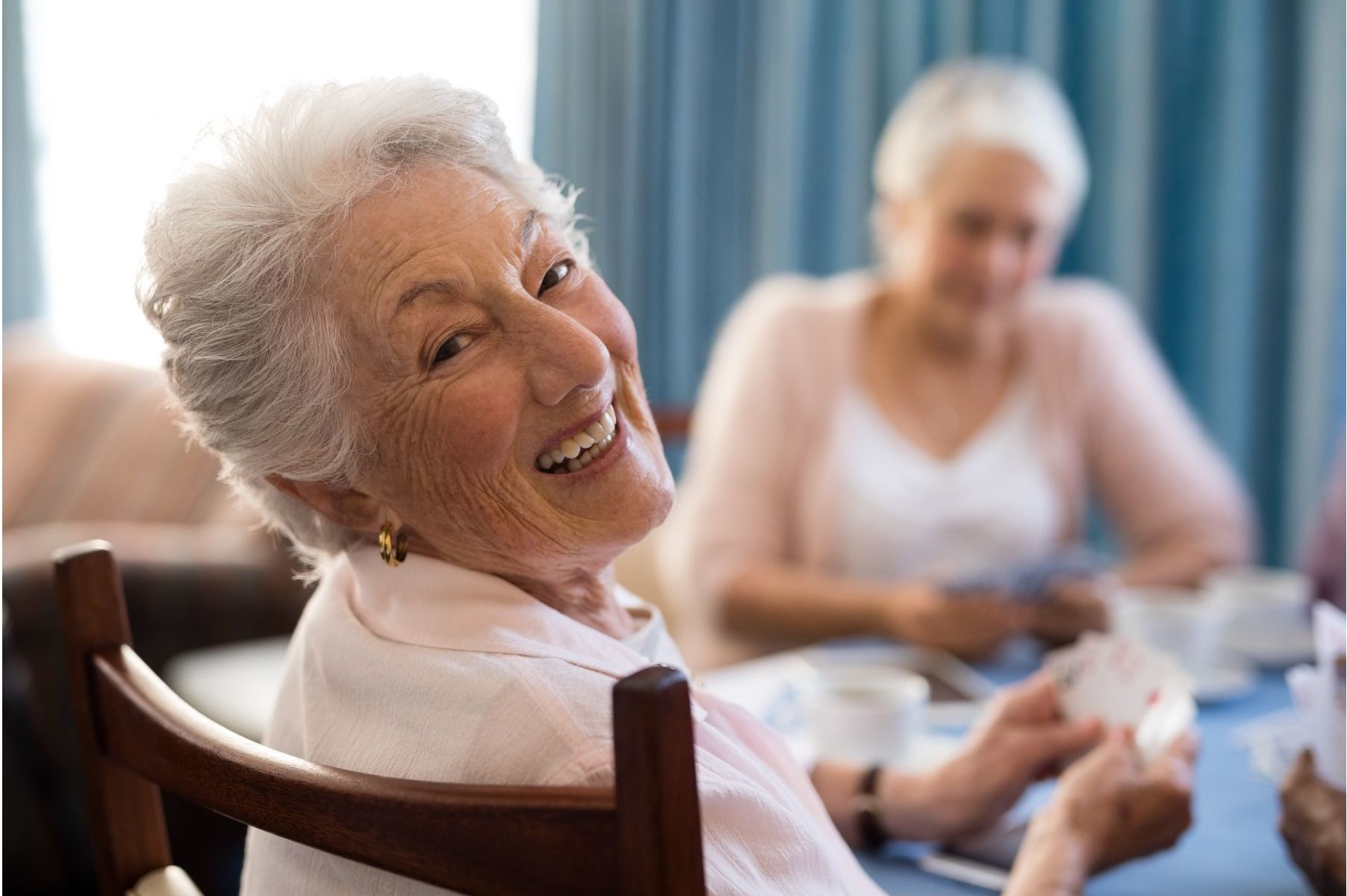Older adults often struggle with the toll aging takes on their bodies. As time passes, their muscles weaken, their bones lose density, and their joints break down, causing discomfort and pain as they perform daily tasks. Many aging adults feel the impact of this most on their legs, hindering their ability to move around as they once did. While these barriers may prove troublesome to independent living, they can be overcome.


Freedom of Mobility
For many of us, mobility means freedom. An aging parent experiencing loss of mobility may feel angry, fearful, or even depressed by the physical limitations they are experiencing. While we may not be able to take away their pain, we can help our loved ones better manage their discomfort and provide them with the necessary relief so they can live happily and independently.


Getting Out and About
Many older adults who experience mobility impairments may withdraw from friends and family to hide their pain. Keeping our them connected to their communities is essential for their physical and emotional well-being.
- When an aging parent is walking around, make sure they have access to a cane or walker, even inside the house. Mobility aids will help keep them stable and reduce pressure on their legs and joints, allowing them to move more comfortably.
- Check with local non-profits to see if they have wheelchairs or electric carts available for people with mobility impairments. Find out if Medicare or their insurance will cover a scooter, or if payment options are available to purchase one.
- Invest in a pair of supportive footwear to help with balance and reduce pressure on various parts of a loved one’s legs.


Health and Hygiene
Losing leg function can hinder many parts of our loved ones’ daily routines, including their health and hygiene habits. We can work with our loved ones to create new methods around their physical limitations that maximize their comfort and independence.
- Help a loved one create a daily workout routine that is fun, engaging, and comfortable. Many older adults benefit from water aerobics and yoga.
- Make sure a safe bath or shower is accessible to them. Some older adults may need a transfer bench to safely enter their bath, while others may benefit from a shower chair or walk-in tub. Talk with them about their needs and make adjustments accordingly.
- Consider investing in dressing aids that will preserve a loved one’s dignity while maximizing their independence.


DIY Home Modifications
We can help aging parents feel comfortable in their own homes by taking the time to make necessary modifications to their environment.
- Install guide rails throughout the home to provide them with an extra layer of stability and support.
- Widen door frames where necessary to accommodate an assistive device.
- If a loved one’s home has stairs, install a chair lift to grant them easy access to this area. If this isn’t feasible, consider moving all principal rooms/items from this area to an accessible location.
- Invest in sturdy furniture that can withstand leaning on it for support. Make sure tall pieces of furniture are anchored to the wall. For smaller pieces like nightstands, consider investing in some non-skid pads to keep them in place.


Mental Health and Mobility
Mobility impairments can take a significant toll on our loved ones’ mental health. Below are some tips to support the mental health of our aging adults.
- Make sure an aging parent has activities they enjoy that don’t require much (or any) movement to complete. On days where walking is too painful or stressful, these activities can provide stimulation and a feeling of accomplishment.
- Schedule time to connect with a loved one in their home and assist with any physically challenging tasks. Knowing that you will arrive to assist can keep them from attempting dangerous tasks alone.
- Get a loved one connected to older adult support groups or other peer programs to talk about their needs and concerns with people who understand.



Leave a Reply